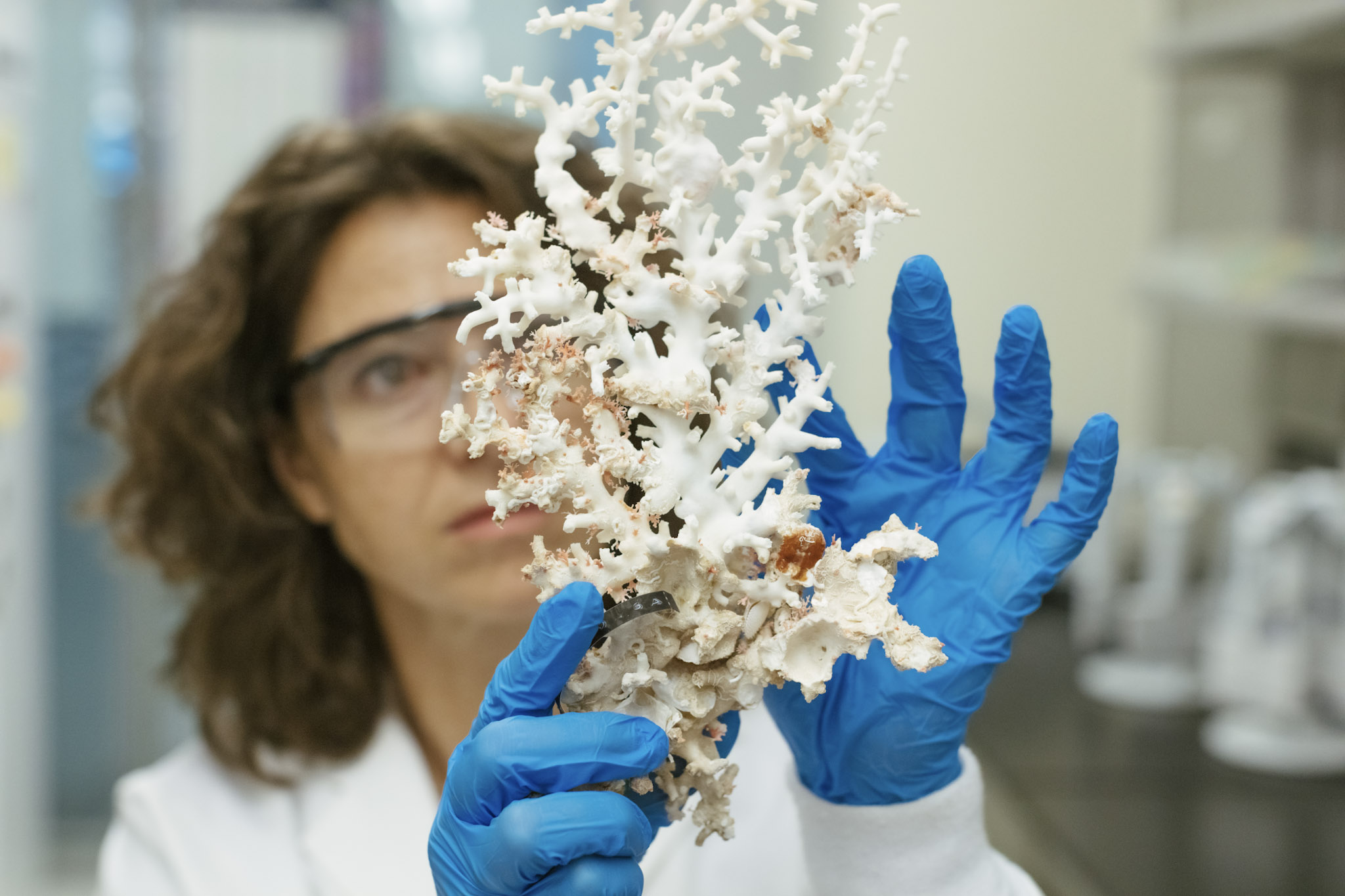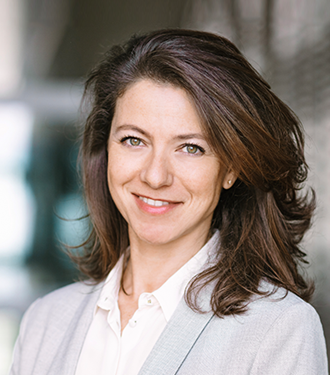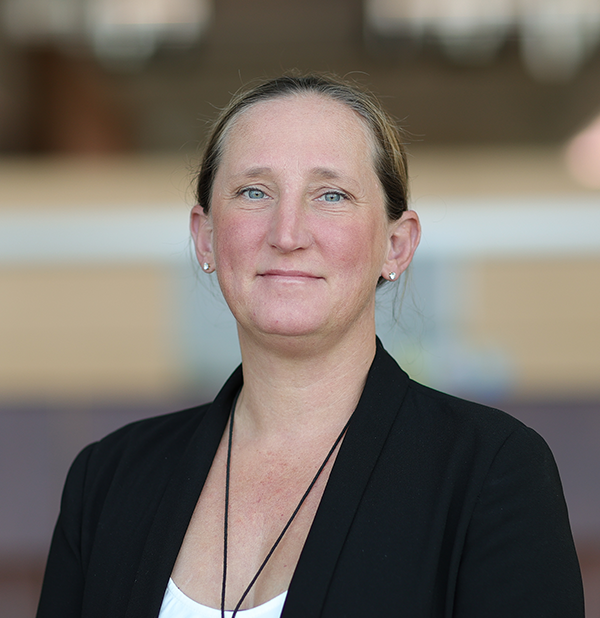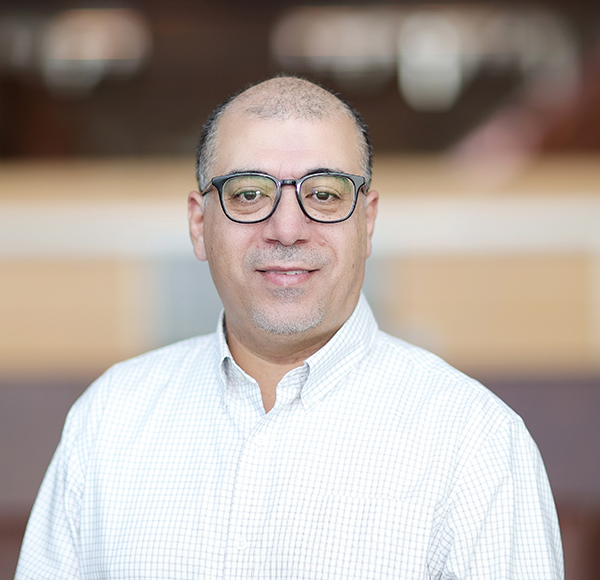

KAUST is recognized globally for its leadership in marine science, leveraging a unique combination of its privileged location by the Red Sea, world-class faculty, state-of-the-art infrastructure, and strategic partnerships. These unique traits position our Marine Science Program (MarS) as a leading program committed to training the next generation of marine scientists and advancing groundbreaking research focused on, but not limited to, the Red Sea. Through the integration of cutting-edge innovation with economic and environmental sustainability, our research spans a comprehensive range from discovering and monitoring marine ecosystems to protecting and rebuilding them. These efforts not only contribute to the preservation of vital marine habitats globally but also play a significant role in Saudi Arabia's economic diversification.
Our students also gain exceptional advantages from KAUST’s unique marine initiatives, expertise, and infrastructure. At the core is BLUE KAUST, a centralized hub uniting an array of advanced marine science resources, including the Red Sea Research Platform, the Coastal and Marine Resources Core Lab (CMR), Smart Reefs, the KAUST Coral Restoration Initiative (KCRI), the Coral Probiotics Village, SHAMS-KAUST Veterinary Hospital, CORDAP, and more. These facilities and initiatives collectively offer unparalleled opportunities for hands-on learning, research, and innovation in marine science.

The goal of the Marine Science program is to develop an integrated understanding of the Red Sea's ecosystem as well as marine conventional and extreme ecosystems in general, including fundamental biology at the molecular and genomic levels, microbiomes, taxonomy, symbioses, global change, marine conservation, associated communities of fish, corals and other marine organisms, and the physical and chemical environment that shapes marine ecosystems. This understanding could impact global nutrient cycling, endangered species, and how we preserve and sustainably harvest resources from the oceans.
The information provided above is for general reference only. For detailed and current degree requirements, please refer to the Program Guide.

Visit the KAUST Program Guide for detailed information about our graduate degree options. The Program Guide provides prospective and current students with comprehensive information on various aspects of the program.
Within the guide, you will find detailed information on program course and credit requirements, placement tests, Ph.D. proposals, dissertation process guidance and the academic year structure.
The Program Guide will serve as your roadmap to successfully navigate your academic journey at KAUST and will allow you to make informed decisions about your studies.
In BESE, we tackle the world’s most critical environmental and biological challenges by fostering interdisciplinary collaboration and leveraging advanced technologies to enhance ecosystem resilience, secure food and water, and advance human health.
Explore the experts advancing research and innovation in Marine Science at KAUST.
Contact the BESE Student Recruitment Team:


Graduate Program Coordinator
Engineering Science Hall (Building 9) Level 3
Office 3339

Graduate Program Coordinator
Engineering Science Hall (Building 9) Level 3
Office 3341